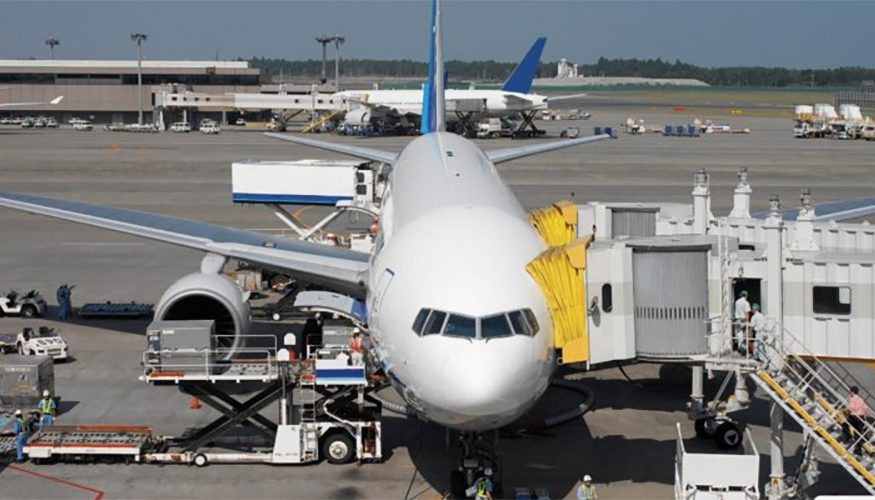Harvard Study Lays Out Effective Strategies to Prevent COVID-19 Transmission on Aircraft

Researchers at the Harvard T.H. Chan School of Public Health, an NEC member, have completed a comprehensive, gate-to-gate study on how to greatly reduce the chances of COVID-19 transmission during air travel.
The study concludes that universal mask-wearing, rigorous cleaning protocols, and high-end air filtration systems lower the risk of COVID-19 transmission to minimal levels. The study found that mask-wearing among passengers and crew is the most important factor in reducing risk during air travel. The researchers also found that the use of high-efficiency particulate air (HEPA) filters is extremely effective in removing harmful airborne particles. Ultimately, diligently engaging in this multi-layered approach results in a substantially lowered risk of COVID-19 transmission during air travel in comparison to other activities.
“The risk of COVID-19 transmission onboard aircraft [is] below that of other routine activities during the pandemic, such as grocery shopping or eating out,” the Harvard researchers concluded. “Implementing these layered risk mitigation strategies…requires passenger and airline compliance [but] will help to ensure that air travel is as safe or substantially safer than the routine activities people undertake during these times.”
The New England Council commends Harvard University for this in-depth report on best practices for reducing risk during air travel. Read more from the National Preparedness Initiative report.